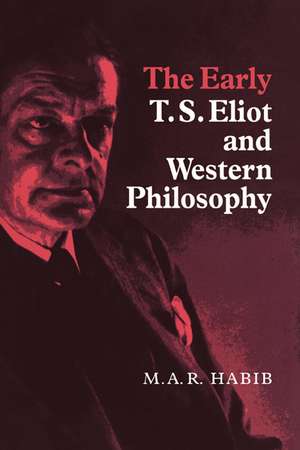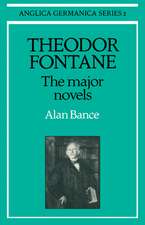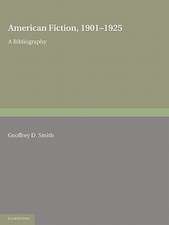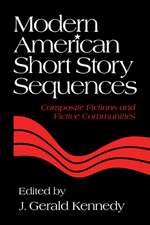The Early T. S. Eliot and Western Philosophy
Autor Rafey Habiben Limba Engleză Paperback – 28 mai 2008
| Toate formatele și edițiile | Preț | Express |
|---|---|---|
| Paperback (1) | 350.39 lei 6-8 săpt. | |
| Cambridge University Press – 28 mai 2008 | 350.39 lei 6-8 săpt. | |
| Hardback (1) | 694.71 lei 6-8 săpt. | |
| Cambridge University Press – 27 iun 1999 | 694.71 lei 6-8 săpt. |
Preț: 350.39 lei
Nou
Puncte Express: 526
Preț estimativ în valută:
67.05€ • 70.19$ • 55.48£
67.05€ • 70.19$ • 55.48£
Carte tipărită la comandă
Livrare economică 05-19 aprilie
Preluare comenzi: 021 569.72.76
Specificații
ISBN-13: 9780521063531
ISBN-10: 0521063531
Pagini: 304
Dimensiuni: 152 x 228 x 20 mm
Greutate: 0.45 kg
Editura: Cambridge University Press
Colecția Cambridge University Press
Locul publicării:Cambridge, United Kingdom
ISBN-10: 0521063531
Pagini: 304
Dimensiuni: 152 x 228 x 20 mm
Greutate: 0.45 kg
Editura: Cambridge University Press
Colecția Cambridge University Press
Locul publicării:Cambridge, United Kingdom
Cuprins
Preface; 1. (a) Henry Adams and the search for unity (b) Irving Babbitt: the one and the many (c) George Santayana: the marriage of philosophy and poetry (d) Laforgue, Schopenhauer and the poetry of Eliot's youth; 2. Bergson Resartus and T. S. Eliot's manuscript (a) Analysis of Eliot's manuscript on Bergson (b) Significance of Eliot's manuscript; 3. Philosophy and Laughter (a) Schopenhauer, Laforgue and Bergson, (b) Eliot's Paris poems: 'Prufrock' and 'Portrait'; 4. Irony as a Kantian meditation: Eliot's manuscripts on Kant (a) Analysis of Eliot's three manuscripts on Kant (b) Significance of Eliot's engagement with Kant; 5. Eliot, Bradley and the irony of common sense (a) Bradley's Philosophical Context (b) Eliot's doctoral dissertation (c) The objective correlative (d) Eliot's early verse and Bradley; 6. The divorce from old barren reason: from philosophy to aesthetics (a) Tradition and impersonality (b) The emotions of art (c) Impersonality and the bourgeois ego; 7. The struggle against realism (a) Realism, Romanticism and Classicism (b) Realism refined (c) Language and reality; 8. Irony as form: 'The Waste Land' (a) Tiresias in literary tradition (b) Tiresias in 'The Waste Land'.
Descriere
Study of Eliot's philosophical writings, assessing their impact on his early poetry and literary criticism.














